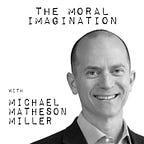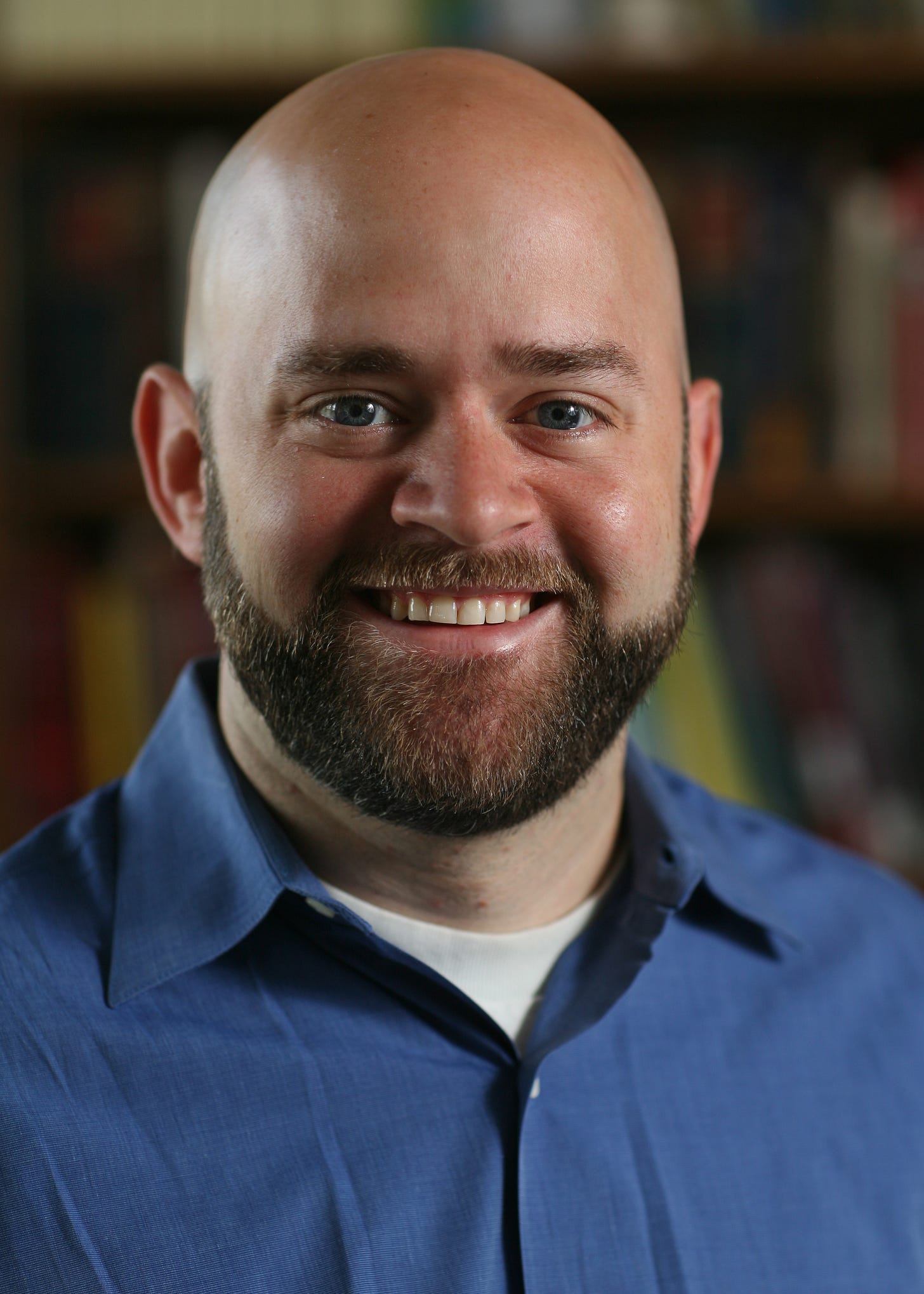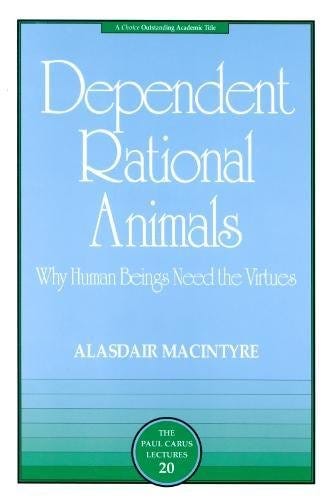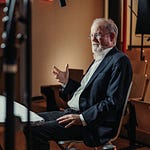In this episode, I speak with Professor Carter Snead about his book, What it Means to be Human: The Case for the Body in Public Bioethics.
We discuss how the dominant view of the human person forgets the body and ignores our social nature, and how this plays out in law which further shapes our moral lives and cultural attitudes. Snead argues that contemporary law in bioethics around issues like abortion, euthanasia, and IVF is actually applied philosophy of the person that favors the strong over the vulnerable and dependent.
We discuss how the dominant anthropology today — what Alasdair MacIntyre called expressive individualism — represents only a part of what we are as human beings. It fails to address our embedded-ness in families and society and our mutual indebtedness and dependence on others. We talk about how a richer philosophy of the person that is more aligned with the reality of our lived experience is needed to make better law.
We also discuss Alasdair MacIntyre's work on the the person and friendship and the ideas of un-calculated giving and receiving. We also discuss some of the virtues and habits that are needed to build a society where this richer view of the person can be lived.
Resources
What It Means to Be Human: The Case for the Body in Public Bioethics
By Snead, O. Carter
Dependent Rational Animals: Why Human Beings Need the Virtues (The Paul Carus Lectures)
By MacIntyre, Alasdair














